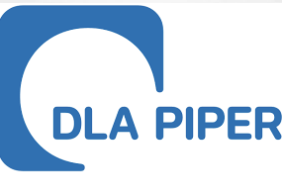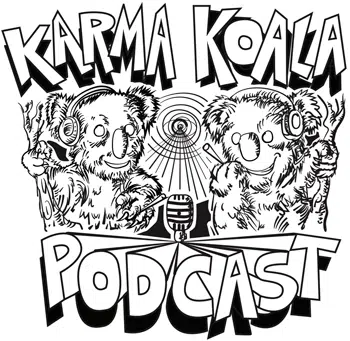Australia Regulator Cracks Down on Unlawful Advertising of Medicinal Cannabis
Recent enforcement by the Australian Therapeutic Goods Administration (TGA) indicates that the regulator is actively monitoring and taking legal action against businesses and individuals that it considers are engaging in the unlawful advertising of medicinal cannabis products.
Since the TGA published its updated advertising guidance for businesses involved in the supply of medicinal cannabis in December 2023, the TGA has taken a number of enforcement actions against businesses and individuals allegedly engaging in unlawful advertising of medicinal cannabis, including:
- commencing Federal Court of Australia proceedings against a business and its director for alleged unlawful advertising of medicinal cannabis products on websites and social media (18 April 2024);
- issuing 11 infringement notices totalling $171,972 to a business and an individual for the alleged unlawful advertising of medicinal cannabis products on its website and social media platforms (23 May 2024);
- issuing 35 infringement notices totalling $627,252 to 6 businesses and 2 individuals for the alleged unlawful advertising of medicinal cannabis products on their websites and social media platforms (26 June 2024); and
- issuing 3 infringement notices totalling $56,340 to a business for the alleged unlawful advertising of medicinal cannabis products on a popular lifestyle website (9 July 2024).
The TGA has alleged that these businesses and individuals endorsed the use of medicinal cannabis for treating serious diseases, conditions and disorders (such as anxiety and chronic pain). Such references are considered restricted or prohibited representations and are not permitted to be used in the advertising of therapeutic goods in Australia (unless prior approval has been obtained from the TGA).
Further, medicinal cannabis products are generally unapproved therapeutic goods in Australia, which can only be obtained via defined access pathways administered by the TGA. The advertising of unapproved therapeutic goods to consumers is prohibited. This is the case even if ‘medicinal cannabis’ is not directly referred to in the advertising (for example, by using references such as ‘plant medicine’).
Key points to note
We note that one of the TGA’s named priorities in 2023-24 was to deter and disrupt the unlawful advertising of medicinal cannabis, psilocybin and MDMA. While the TGA has not yet announced its priorities for 2024-25, it is reasonably likely that this will remain one of the TGA’s enforcement priorities over the coming year.
Businesses (including suppliers of medicinal cannabis or other unapproved therapeutic goods, as well as media outlets and publishers) should not:
- engage in any activity that may constitute advertising of medicinal cannabis products (regardless of whether the references to the product are direct or indirect, such as ‘plant medicine’);
- directly or indirectly promote the use or supply of therapeutic goods to the public in a way that contravenes therapeutic goods advertising requirements (the advertising of therapeutic goods is generally very highly regulated in Australia); or
- imply that medicinal cannabis had been approved or recommended by the TGA (as noted above, most medicinal cannabis products are unapproved medicines in Australia).
Any advertising of medicinal cannabis products should comply with the Therapeutic Goods Act 1989, the Therapeutic Goods Advertising Code, and the TGA’s latest advertising guidance for medicinal cannabis.
For guidance on the advertising of general therapeutic goods, please refer to our previous articles “Advertising therapeutic goods in Australia (don’t let your ad make you sad)” and “You say “ed”, they say “ad”: The fine line between lawful educational campaigns and unlawful advertising of therapeutic goods in Australia

















